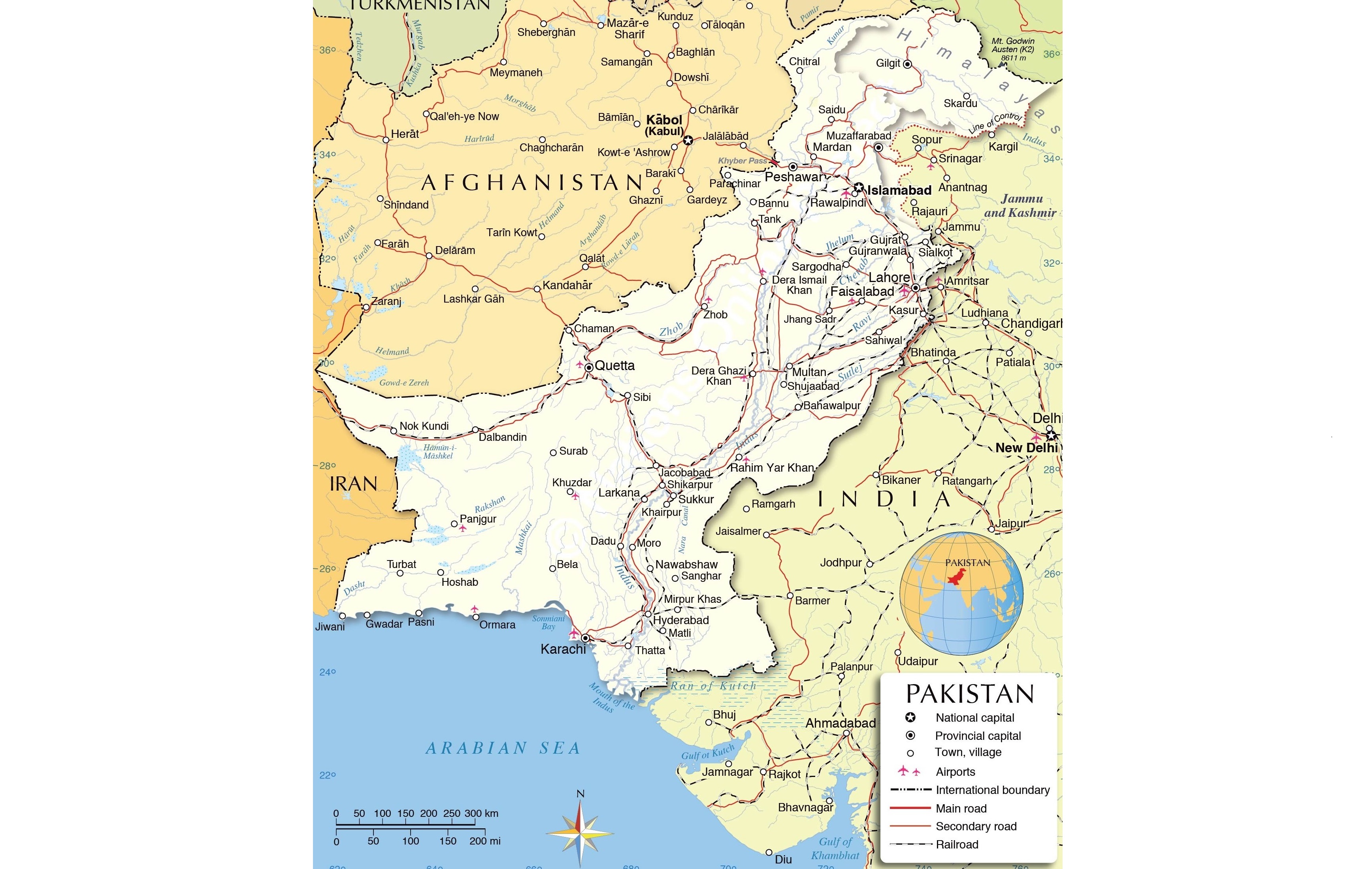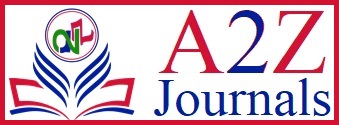Military Dominance in Post-Colonial States: A Case Study of Pakistan

DOI:
https://doi.org/10.54060/jase.v3i2.21Keywords:
Post-colonial States, Military, Pakistan, Government, Democracy, Political instability, InstitutionsAbstract
This article investigates the concept of military dominance in post-colonial states, with a particular focus on Pakistan. The article evaluates how the military has exerted signifi-cant influence over the country's government and governance structures, drawing on past and present analyses of Pakistan's political atmosphere. The article investigates the underlying foundations of military dominance in Pakistan using case studies and historical accounts, including the legacy of colonialism, political & economic instability, and external pressures. According to the article, the military's dominance of the political sphere has had a significant impact on the country's development and stability, as well as its democratic systems. The study also looks at potential approaches to decreasing military influence and increasing civilian oversight of government, such as constitution-al reforms, strengthening civil society, and improving electoral processes. Finally, this research aims to contribute to a broader understanding of military dominance in post-colonial states, as well as the challenges that countries trying to seek to transform to strong democratic government face.
Downloads
References
H. Abbas, “Pakistan's Drift into Extremism: Allah the Army, and America's War on Terror London USA,” An East Gate Book, Ist Ed. ISBN 9780765614971, 2005.
A. S. Aga, “Pakistan's Arms Procurement and Military Buildup, 1979-99 In Search of a Policy,” Palgrave Retrieved February, Ist Ed. 2022.
A. S. Aga, “Military Inc: Inside Pakistan's Military Economy,” Pluto Press 2nd Ed., Retrieved March 2023.
J. Ali, “Legitimacy Crises in Pakistan: A Study of Imran Khan Regime,” Zakariya Journal of Social Sciences (ZJSS), vol.1, no.2, pp.27-37, 2022.
Aljazeera, “Turkey failed coup attempt: All you need to know,” Retrieved from July 2015. www.aljazeera.com/amp/news/2017/7/15/turkeys-failed-coup-attempt-all-you-need--to-know
Aljazeera, “Thousands rally in Sudan against military coup,” Retrieved from July 2022. https://www.aljazeera.com/news/2022/2/21/throngs-rally-in-sudan-against-military-coup
S. Auerbach,” General Defends Bangladesh Coup,” Retrieved from February 2022. https://www.washingtonpost.com/archive/politics/1982/03/25/general-defends-bangladesh-coup
P. R. Brass, “Routledge Handbook of South Asian Politics,” New York: Routledge, ISBN 9781138325715, pp.1-480, Retrieved November 2021.
S. P. Cohen, “Pakistan's Army: The Way It Is,” University of California Press, ISBN 0520049829, 1984.
S. P. Cohen, “The Idea of Pakistan,” Brooking Institution Press, ISBN: 9780815715023, pp.1-367, Retrieved March 2023.
S. A. Committee, “Senate Armed Services Committee Hearing on Afghanistan Withdrawal,” Retrieved from March 2023. C-SPAN: https://www.armed-services.senate.gov/press-releases/sasc-announces-upcoming-afghanistan-oversight-hearings
A. Engineer, “Supremacy of Military in Pakistan: A Case of Military Dictators and Eluded Democracy,” Claremont Colleges Re-trieved from February 2023. https https://scholarship.claremont.edu/cgi/viewcontent.cgi?article=2918&context=scripps_theses
C. C. Fair & S. Ganguly, “Pakistan's Enduring Challenges,” Oxford University Press, pp.1-310, 2011.
M. Foucault & K. Kumral, “The Middle East and North Africa: States Societies and Alliances,” Routledge Retrieved March 2023.
R. Goldmen, “Myanmar’s Coup Explained Newyork USA,” Network times, 2021.
A. Gupta, “The military as a business conglomerate,” Journal of Democracy, vol.25, no.4, pp.66-77, 2014.
M. U. Haq, “Political Science Theory & Practice Lahore Punjab Pakistan,” 8th Ed. Bookland, 2009.
M. N. Hayat, K. Fatima, U. Mukhtar, et al., “Economic Performance of Pakistan Under Democracy and Military Regimes,” Journal of Economics Business and Management, vol.4, no.12, pp.690-694, 2016.
A. Heywood, “Politics UK: Palgrave,” 4th Ed. Micmillan, 2013.
A. Jalal, “Democracy and authoritarianism in South Asia: a comparative and historical perspective Lahore Punjab Pakistan, “Sang-e-Meel Publications, pp. 1-50, 1995.
K. Khan, “Army Seizes Control in Pakistan Karachi,” Washington post, Retrieved from 1999. https://www.washingtonpost.com/wp-srv/inatl/longterm/southasia/stories/pakistan101399
M.I. Khawaja, “Military Inc.: Inside Pakistan's Military Economy by Ayesha Siddiqa,” The Pakistan Development Review, vol.46, no.2, pp.177-179, 2007.
B. Korany & A. E. Dessouki, “The Foreign Policies of Arab States: The Challenge of Globalization (Revised ed.),” University Press of Florida, pp.1-462, 2012.
D. N. Magazine, “Flashback: The Martial Law of 1958 Karachi Sindh Pakistan,” Dawn newspaper, 2011. www.dawn.com/news/664894/flashback-the martial-law-of-1958
S. Muni, “Book Reviews: Ayesha Jalal, The State of Martial Rule: The Origins of Pakistan's Political Economy of Defense,” Cam-bridge University Press, Cambridge, New York, Sydney The Indian Economic & Social History Review, vol.30, no.1, 1993.
B. News, “Nigeria: A history of coups,” BBC News, 1999. http://news.bbc.co.uk/1/hi/world/africa/83449.stm
T. N. Reporters, “PPP commemorates Zia's military coup,” Karachi Sindh Pakistan: Dawn newspaper, 2015.
H. A. Rizvi, “The Military & Politics in Pakistan 1947-1997,” Sang-e-Meel Publications, 2000.
B. Rutherford, “Egypt after Mubarak: Liberalism Islam and democracy in the Arab world,” Princeton University Press, 2015.
Y. Saeed, “Pakistan's military budget: A critical analysis,” Defense and Security Analysis, vol.32, no.4, pp.303-314, 2016.
A. Scobell, “Military coup in the people's republic of china,” Journal of Northeast Asian Studies, pp.25-46, 1995.
A. Shah, “The Army and Democracy: Military Politics in Pakistan,” Cambrige: Harvard University Press, 2014.
A. Siddiqa, “Military Inc.: Inside Pakistan's Military Economy,” Pluto Press, 2007.
Worldview, “Why the Military Rules in Pakistan,” Retrieved from Worldview, 2016. https://worldview.stratfor.com/article/why-military-rules-pakistan
T.M. Zaman, “Bangladesh in 1975: The Fall of the Mujib Regime and Its Aftermath,” Asian Survey, vol.16, no.2, 1976.

Downloads
Published
How to Cite
CITATION COUNT
Issue
Section
License
Copyright (c) 2023 Javed Ali, Misbah Shaheen

This work is licensed under a Creative Commons Attribution 4.0 International License.



























